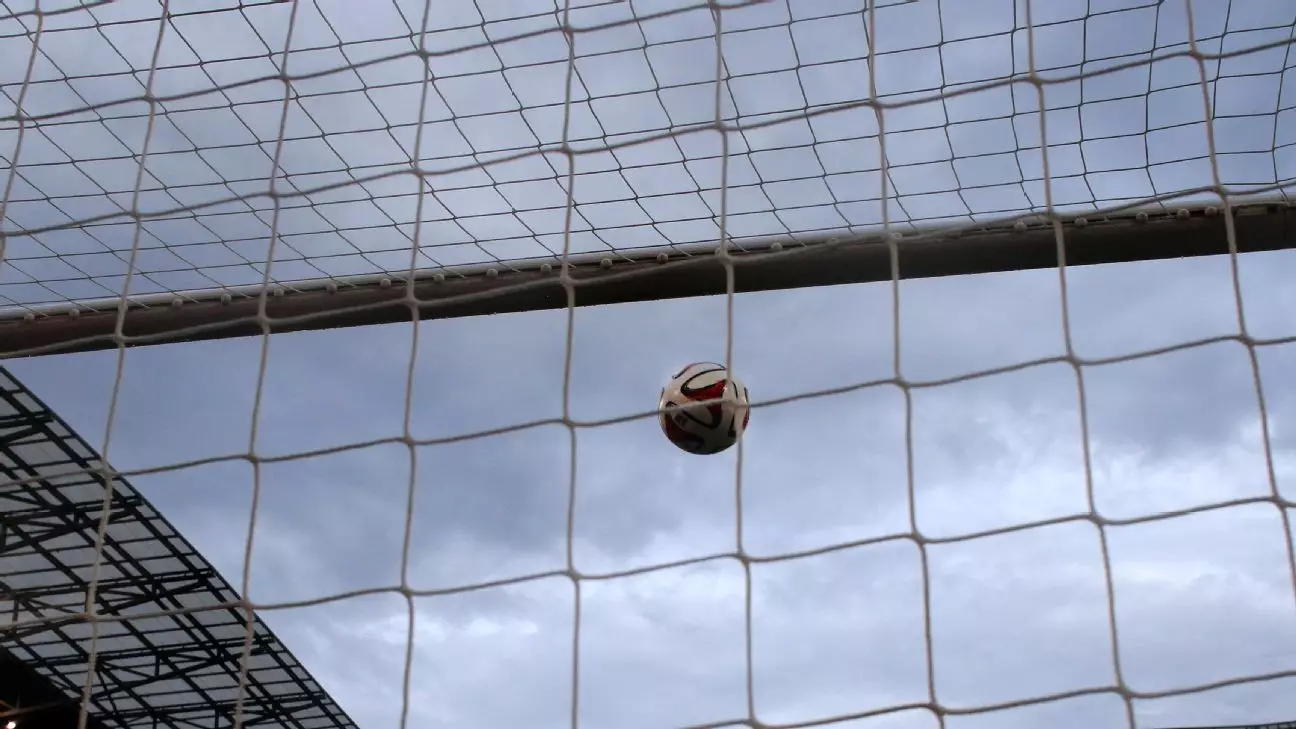The recent events surrounding the River Plate women’s football team have thrown a harsh spotlight on sportsmanship and racism in football. Four players from the team—Candela Díaz, Camila Duarte, Juana Cáñgaro, and Milagros Díaz—find themselves at the center of a scandal that has far-reaching implications for both their careers and the future of competitive football in South America. During a crucial match in the Brazil Ladies Cup against Grêmio, an on-field incident escalated beyond what should be acceptable in any sport, involving racist gestures aimed at a ball boy. The repercussions of their actions have led to both legal troubles and increased scrutiny of discrimination in sports.
On December 21, when tensions flared on the pitch, things spiraled dangerously out of control. Following Díaz’s offensive gestures, a brawl ensued, resulting in the referee issuing red cards to six players from River Plate, effectively ending the match prematurely. With the score tied at 1-1, Grêmio was declared the winner, thereby advancing in the tournament. This incident also led to a two-year ban for River Plate from participating in future editions of the tournament, clearly emphasizing that such unacceptable behavior will not be tolerated.
The release of the arrested players from custody on the conditions of regular court appearances has stirred further discussions on accountability. While their lawyer and club have remained tight-lipped about their return home, River Plate has issued a statement condemning any form of discriminatory behavior. They claim to be working vigorously to eradicate such conduct from their ranks, indicating a recognition of the severity of the situation. Nevertheless, the Argentine players have remained mostly silent since their release, leading to questions around personal accountability and the impact of their actions.
The incident lays bare the ongoing battle against racism in football, particularly in South America, where such acts have historically plagued the sport. Brazilian clubs have often been at the forefront of this issue, even facing backlash from international governing bodies like CONMEBOL. Grêmio’s coach, Thaissan Passos, remarked that there had been previous instances wherein River players allegedly referred to her team as “monkeys,” showcasing that this may not be an isolated incident, but rather a troubling trend in Argentine football culture.
As River Plate grapples with the fallout from this event, the sporting world waits to see if this will prompt systemic change not just for the club but for football as a whole. The tournament organizers’ vow to impose immediate bans on teams whose staff or players engage in racism signals a clear message that such behavior has no place in the sport. This scandal serves as a stark reminder that while football unites many, it must also confront and rectify the injustices that linger in its shadows.


Leave a Reply